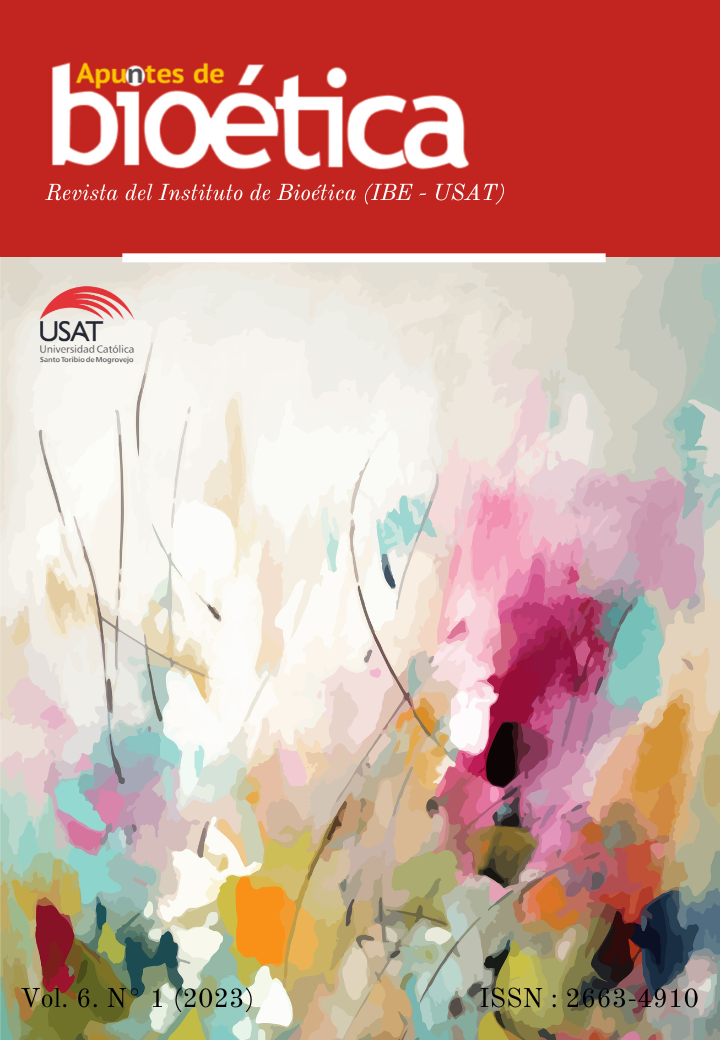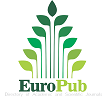The Ecological intelligence as alternative to environmental contamination
Abstract
The present work was elaborated based on a review of books and articles on Ecological Intelligence as a psychological tool that could develop in the individual, the capacity to modify his consumerist behavior and adopt an ethical responsibility towards environmental pollution that is damaging the physical and mental health of all people; through the change of beliefs and awareness of the harmful effects generated by each phase of industrial production.
Those psychological barriers of inaction in the face of climate change are identified, among them; the lack of methods to curb environmental pollution, limiting ideologies, the influence of the masses that promote consumerism, fear of change, the financial losses that ecological production represents and the inadequate application of awareness campaigns, all of them denominated as "Dragons of Inaction" that prevent the development of pro-environmental skills.
Finally, the ABC model of Rational Emotive Behavioral Therapy (REBT) by Albert Ellis is recommended as an alternative to face the ecological crisis; so that, with the modification of irrational beliefs about the environment, a pro-environmental behavior can be provoked in the population. All this, through the application of group intervention programs at educational and social level, with philosophical, empirical, pragmatic debates, which promote prosocial attitudes to safeguard the welfare of the person through the care of nature
Downloads
References
Araujo, G.T. (2010). Contaminación ambiental y efectos sobre la salud. CENIDSP, 2(6).
Ardila, R. (2011). Inteligencia. ¿Qué Sabemos y Qué Nos Falta Por Investigar? Rev. Acad. Colomb. Cienc. 35 (134), 97-103.
Blake, J. (1999). Overcoming the “value-action gap” in environmental policy: Tensions between national policy and local experience. Local Environment, 4, 257-278. doi:10.1080/13549839908725599
Ellis, A & Dryden, W. (1987). Práctica de la Terapia Racional Emotiva. Desclée de Brouwer, S.A.
Ellis, A & Grieger, R. (1990). Manual de Terapia Racional Emotiva. Desclée de Brouwer. S.A.
Ellis, A. (1984 b). The essence of RET. Journal of Rational Emotive Therapy, 2(1), 19-25.
García-Ancira, C. (2020). La inteligencia emocional en el desarrollo de la trayectoria académica del universitario. Scielo, 39(2). http://scielo.sld.cu/scielo.php
Gardner, H. (1995). Multiple Intelligences. The theory in Practice. Basic Books.
Gifford, R. (2011). The dragons of inaction: Psychological barriers that limit climate change mitigation and adaptation. American Psychologist, 66(4), 290-302. Doi.org:10.1037/a0023566
Goleman, D. (2009). Inteligencia Ecológica. Vergara.
Lega, L., Sorribes, F & Calvo, M. (2017).Terapia Racional Cognitiva Conductual. Una versión Teórico Práctica actualizada. Paidós.
Mesa, C.E. (2018). Caracterización de las inteligencias múltiples de estudiantes de 2do año de la carrera de Medicina. Scielo, 40 (2). http://scielo.sld.cu/scielo.php?script=sci_arttext&pid=S1684-18242018000200007
Montero, M. (2004). Introducción a la Psicología Comunitaria. Desarrollo, conceptos y procesos. Paidós.
Rodríguez, M. (2010). Reseña de "Inteligencia ecológica" de Goleman, D. Fundamentos en Humanidades, 11(21), 221-225. http://www.redalyc.org/articulo.oa?id=18415426015
Rovira, C & Pastells, S. (2009). La Terapia Racional Emotiva Comportamental de Albert Ellis en el Trabajo Social. ResearchGate. https://www.researchgate.net/publication/348735053
Ruíz, M. A., Díaz, M. I & Villalobos, A. (2012). Manual de Técnicas de Intervención Cognitivo Conductuales. Desclée De Brouwer, S.A.
Segado, F. (2010). Reseña de "Inteligencia Ecológica" de Daniel Goleman. Cultura, Ciencia y Deporte, vol. (15), 209-210.
Sospedra, M.J., Martínez, I & Hidalgo, S. (2022). Inteligencias múltiples, emociones y creatividad en estudiantes universitarios españoles de primer curso. Scielo, 16 (2). http://dx.doi.org/10.19083/ridu.2022.1153
Suarez, J.C., Alarcón D. R. & Centurión-Larrea, A. J. (2022). Investigación Sobre la Educación en el Posmodernismo: Una Propuesta Hacia el Sentido Desde el Personalismo de La Logoterapia. EIDEC. https://doi.org/10.34893/i1455-6002-3296-b
Suárez, J., Maiz, F. & Meza, M. (2010). Inteligencias múltiples: una innovación pedagógica para potenciar el proceso enseñanza aprendizaje. En Escuela Internacional de Negocios y Desarrollo Empresarial de Colombia, La investigación científica como creadora de nuevo conocimiento, Redalyc, 25 (1), 81-94.
Tacca, D. R., Tacca, A. L & Cuarez, R. (2020). Inteligencia Emocional del Docente y Satisfacción Académica del Estudiante Universitario. Revista Digital de Investigación en Docencia Universitaria, 14 (1). https://doi.org/10.19083/ridu.2020.887
Vela, R. (2003). Juan Pablo II y la Cuestión Ecológica. Theologica Xaveriana 145, 81-96.
Copyright (c) 2023 Marli Judit Fernandez Davila (Autor/a)

This work is licensed under a Creative Commons Attribution 4.0 International License.
The authors retain copyright.
This work is under international license Creative Commons Attribution 4.0.
The articles published by the scientific journal "Notes on Bioethics" of the Universidad Catolica Santo Toribio de Mogrovejo, Chiclayo Peru, can be shared through the international public license Creative Commons Attribution CC BY 4.0
























 LIBRARY USAT
LIBRARY USAT